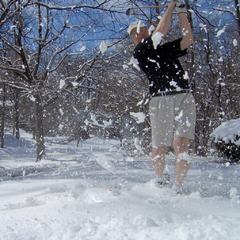IGNORED
Par + Handicap for Holes Not Played under the Principles of the RoG
Note: This thread is 1777 days old. We appreciate that you found this thread instead of starting a new one, but if you plan to post here please make sure it's still relevant. If not, please start a new topic. Thank you!
-
Topics Being Discussed Right Now on The Sand Trap
-
- 8 replies
- 618 views
-
Womens League .Golf Top Level Domain Name
By Jennifer_Golfs, in Geek Zone
- womensleague
- womens golf
- (and 3 more)
- 1 reply
- 64 views
-
- 378 replies
- 88,687 views
-
- 8,558 replies
- 398,977 views
-
"5 Minutes Daily" Practice Challenge 1 2 3 4 913
By iacas, in Instruction and Playing Tips
- 5 minutes daily
- dedication
- (and 6 more)
- 16,417 replies
- 1,163,529 views
-







Recommended Posts
Create an account or sign in to comment
You need to be a member in order to leave a comment
Create an account
Sign up for a new account in our community. It's easy!
Register a new accountSign in
Already have an account? Sign in here.
Sign In Now